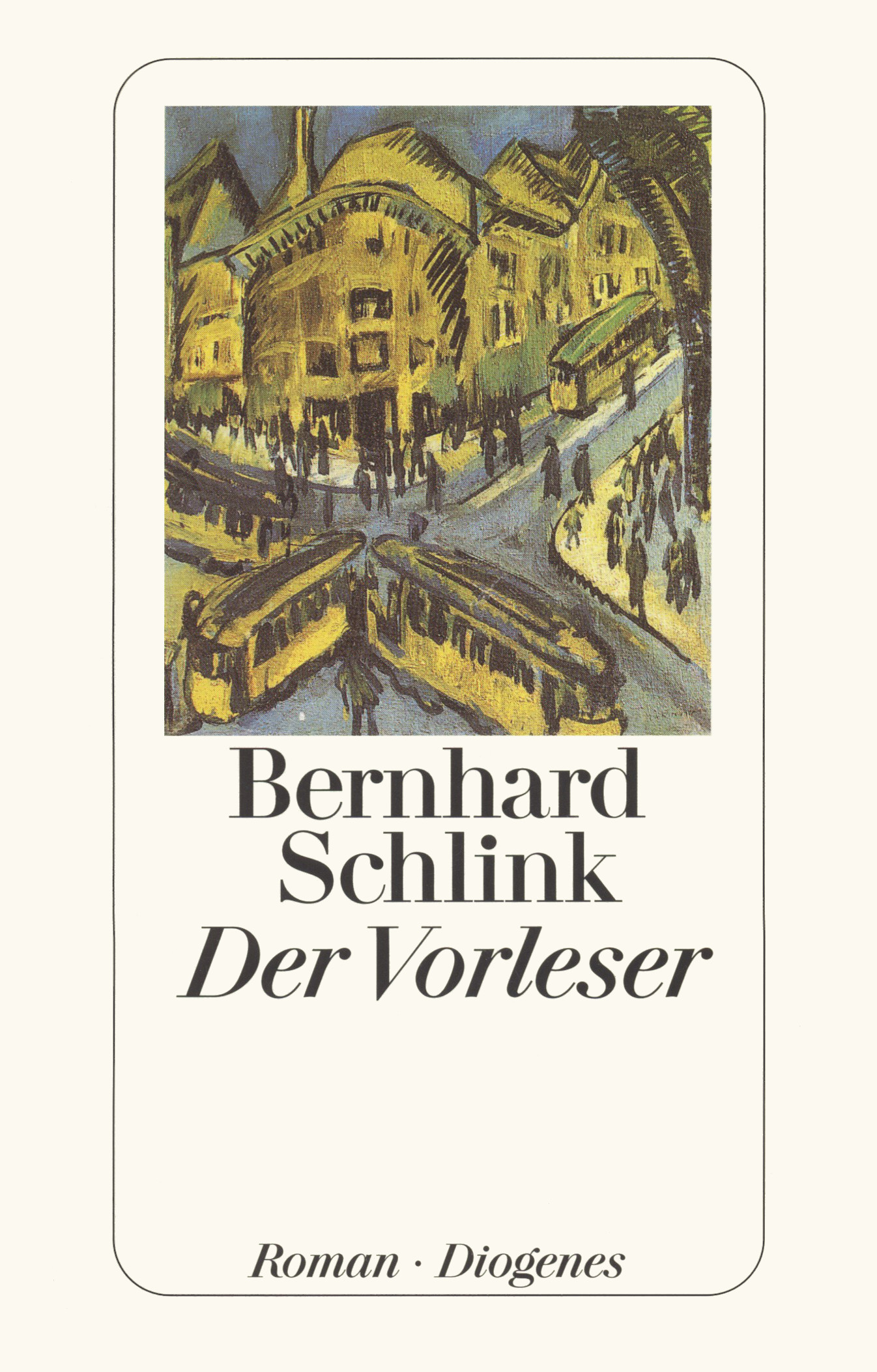What doyouthink?
Rate this book


207 pages, Paperback
First published January 1, 1995

 come to my blog!
come to my blog!
لماذا كل ما كان لطيفاُ بالنسبة لنا يتبعثر فجأة عند استعادة الماضي، ألأنه توارى خلف حقائق قاتمة؟
حقيقة ما يقوله الواحد تكمن فيما يفعله
ان عمل التاريخ يعني بناء جسور بين الماضي والحاضر، وملاحظة كلتا الضفتين للنهر، والمشاركة بفاعلية في كلا الجانبين
ان طبقات حياتن�� مشيّدة بإحكامٍ واحدةٍ فوق الأخرى لدرجة اننا نصطدم دائماً بالأحداث السابقة في الأيام اللاحقة، ليست كمسألة تشكلت وذهبت لحالها، ولك كمسألة راهنة وحيّة


